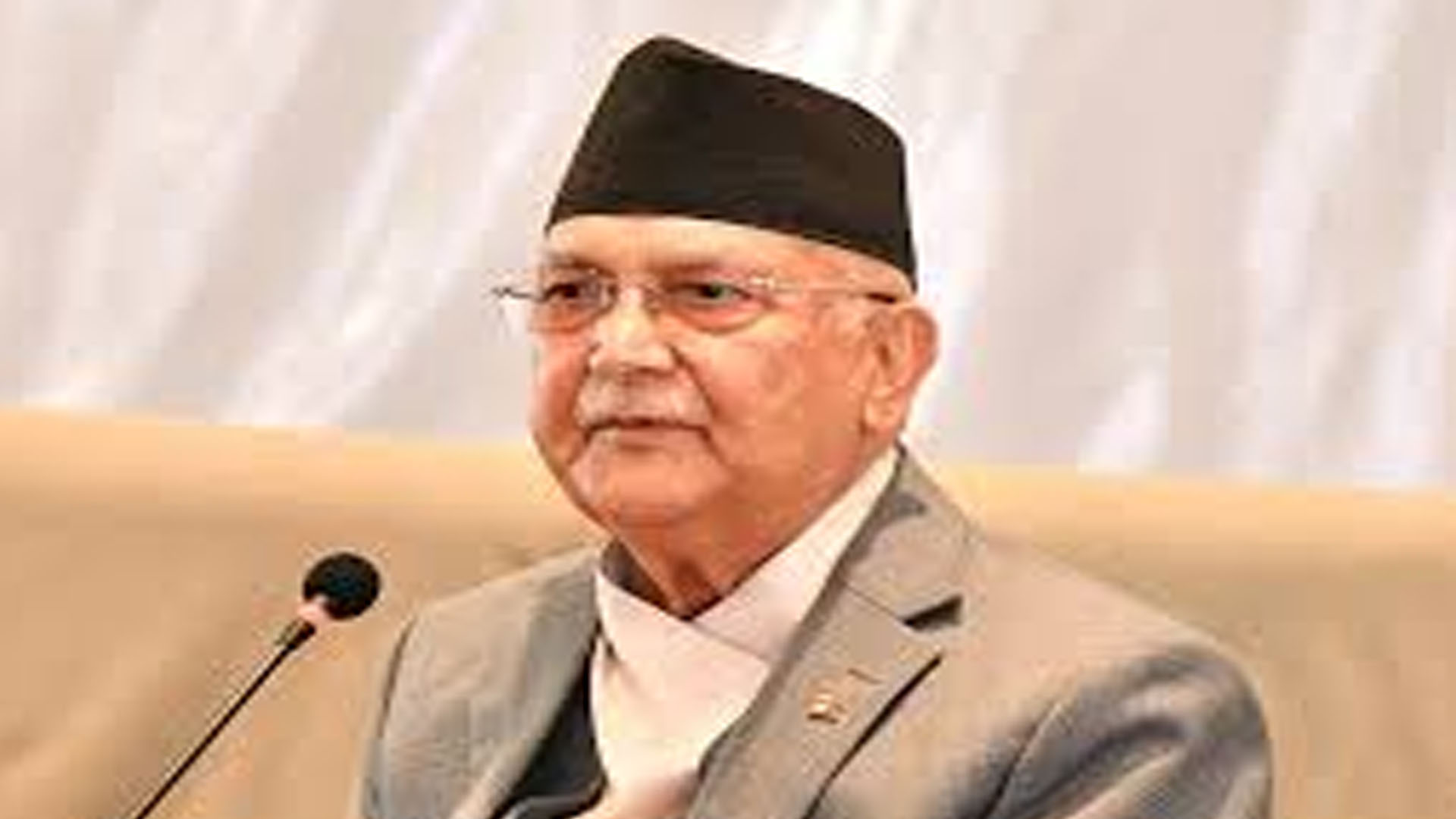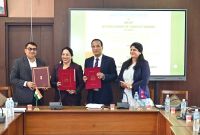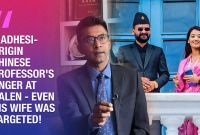On Constitution Day, Oli’s Facebook Statement Fuels Anger as Key Questions Remain Unanswered

On Nepal’s Constitution Day, ousted Prime Minister KP Sharma Oli reignited controversy by addressing the public through Facebook, despite having been the leader who earlier enforced restrictions on social media. His lengthy statement, meant to highlight constitutional achievements and defend his tenure, has instead intensified public anger because it failed to answer critical questions surrounding the recent Gen-Z protests.
Oli admitted that police had no automatic weapons during the demonstrations but insisted the government never ordered officers to open fire. He, however, offered no clarity on whose weapons were used and who authorized the shootings that left several young protesters dead and many others injured. This omission has been a flashpoint of criticism from citizens, human rights groups, and even Nepal’s own intelligence community, which had reportedly warned of possible infiltration and violence before the protests—warnings the government under Oli disregarded.
Adding to the tension, Oli accused opponents of burning down Singha Durbar (the government’s administrative headquarters), destroying Nepal’s map, and targeting political offices and private property. But critics argue he ignored why adequate preventive measures were not taken under his leadership.
Public frustration is evident. On social media, users mocked Oli for turning to Facebook to justify himself after having been responsible for restricting the platform. Protesters on the streets called his message an attempt to escape accountability. “He talks about saving the constitution, but he cannot say who killed our friends,” a student activist told local media.
While leaders from Oli’s party have defended his statement, opposition voices stress that only his loyal supporters—dismissively called “Jhooles and Hanumans” in Nepal’s political slang—still rally behind him. For the families of victims, the issue is not rhetoric but justice. “We just want to know who is responsible for our son’s death,” said Ganesh Khadka, father of a 19-year-old protester killed last week.
The United Nations Office of the High Commissioner for Human Rights has already urged Nepal to conduct an independent investigation. Yet, no conclusive action has been taken, deepening distrust in governance. Analysts warn that Oli’s evasive tone, coupled with his failure to acknowledge ignored intelligence and unanswered questions, risks further eroding public confidence in Nepal’s fragile political system.
Instead of unifying the nation on Constitution Day, Oli’s Facebook statement has underscored divisions and reinforced perceptions of impunity. Until the truth about the protest shootings emerges, calls to protect sovereignty and the constitution are unlikely to resonate with ordinary Nepalis or the next generation he sought to address.



